Gaming laptops have become increasingly popular due to their portability and the ability to run resource-intensive games. However, one common concern among gamers is whether gaming laptops become loud during intense gaming sessions. In this article, we will explore the factors that contribute to noise levels in gaming laptops and provide tips to reduce noise without compromising gaming performance.
Understanding Gaming Laptops and Intense Gaming Sessions
Gaming laptops are specialized devices designed to handle demanding games and applications. They are equipped with powerful processors, high-performance graphics cards, and efficient cooling systems. Intense gaming sessions, where the laptop runs graphically demanding games for extended periods, can put a significant strain on the hardware, leading to increased heat generation and subsequent fan noise.
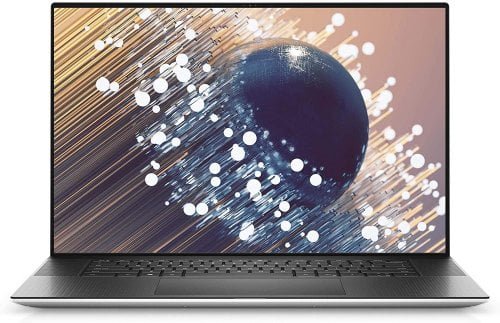
The Impact of Hardware on Noise Levels
Cooling Systems
A critical component in gaming laptops is the cooling system, responsible for dissipating heat generated by the CPU and GPU. High-performance gaming requires efficient cooling to prevent overheating, and this can lead to increased fan noise.
Graphics Processing Unit (GPU)
The GPU is responsible for rendering complex graphics in games. During intense gaming sessions, the GPU works at its maximum capacity, resulting in higher heat output and increased fan speed.
Central Processing Unit (CPU)
Similar to the GPU, the CPU also experiences increased workload during intense gaming. This generates more heat, causing the cooling system to work harder, resulting in louder fan noise.

Factors Influencing Noise Levels in Gaming Laptops
Inadequate Cooling Solutions
Some budget gaming laptops might come with subpar cooling solutions, which struggle to handle the heat generated during intense gaming. As a result, the fans have to work at higher speeds, producing more noise.
Overclocking and Turbo Boost
Enthusiast gamers often overclock their hardware or use turbo boost features to enhance performance. While this can improve gaming experience, it can also lead to higher heat output and noisier fans.
Dust Accumulation
Dust accumulation inside the laptop can hinder proper airflow, leading to inefficient cooling. Cleaning the laptop regularly can help maintain optimal cooling and reduce noise.
Poorly Optimized Games
Some games might be poorly optimized for specific hardware configurations, causing excessive CPU and GPU usage. This can result in increased fan noise during gameplay.
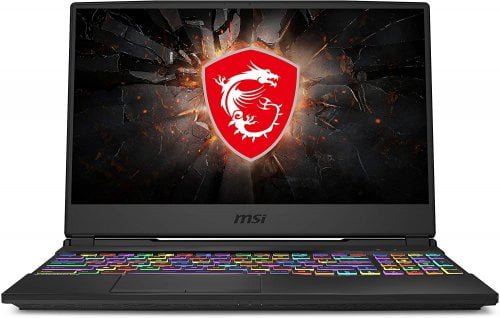
Tips to Reduce Noise During Intense Gaming
Update Graphics Drivers
Keeping the graphics drivers up-to-date ensures optimal performance and better heat management, potentially reducing fan noise.
Use a Cooling Pad
Investing in a cooling pad can improve airflow and reduce the workload on the laptop’s built-in cooling system, resulting in quieter operation.
Adjust In-Game Settings
Lowering in-game graphics settings can reduce the strain on the GPU, leading to lower temperatures and quieter fans.
Clean Dust Regularly
Regularly cleaning the laptop’s internals prevents dust buildup, ensuring proper airflow and efficient cooling.
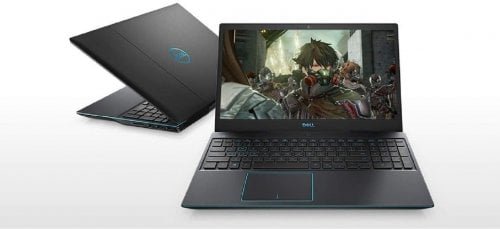
Advantages and Disadvantages of Gaming Laptops Regarding Noise
Portability and Performance
Gaming laptops offer the advantage of portability, allowing gamers to enjoy their favorite games on the go. However, achieving high performance in a compact form factor can lead to increased fan noise.
Fan Noise and Heat
While gaming laptops are equipped with cooling systems, they can still get hot and produce noise during intense gaming. Desktop gaming PCs, on the other hand, can incorporate more robust cooling solutions, reducing noise levels.
Can I use external cooling solutions to reduce noise on my gaming laptop?
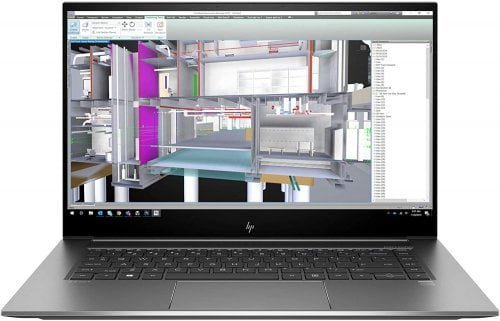
Yes, using external cooling solutions like cooling pads or laptop coolers can help reduce noise levels by improving the overall cooling efficiency.
How often should I clean my gaming laptop to maintain optimal performance and reduce noise?

Cleaning your gaming laptop every three to six months is generally sufficient, but the frequency may vary depending on the environment it is used in.
Are gaming laptops noisier than desktop gaming PCs?
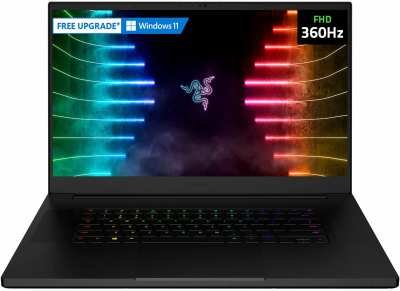
In most cases, gaming laptops tend to be noisier than desktop gaming PCs due to the compact design and limitations in cooling capacity.
Can I customize the fan speed of my gaming laptop to reduce noise?

Some gaming laptops allow users to customize fan speeds through dedicated software. However, lowering fan speeds excessively may result in higher temperatures, affecting performance.
Are gaming laptops suitable for professional work in quiet environments?
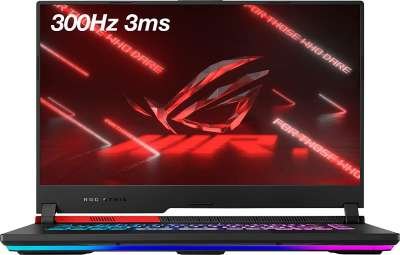
While gaming laptops offer powerful performance, their fan noise during intense tasks might be disruptive in quiet environments. For such scenarios, a quiet desktop PC might be a better choice.
Conclusion
In conclusion, gaming laptops can indeed become loud during intense gaming sessions due to the high demands placed on the hardware. The noise is primarily a result of the cooling system working hard to dissipate heat generated by the GPU and CPU. However, by following some simple tips, gamers can reduce noise levels without compromising performance. Finding the right balance between portability and performance is essential when choosing a gaming laptop.
